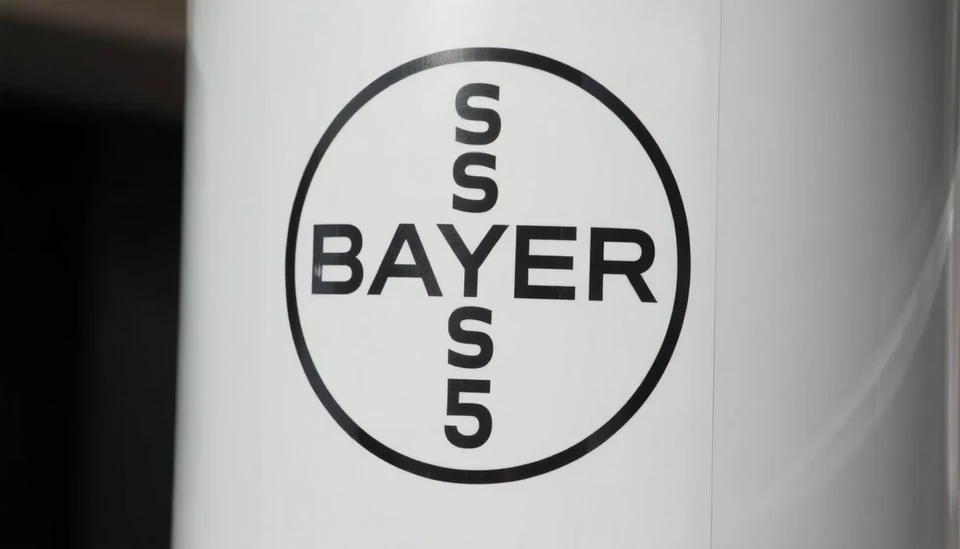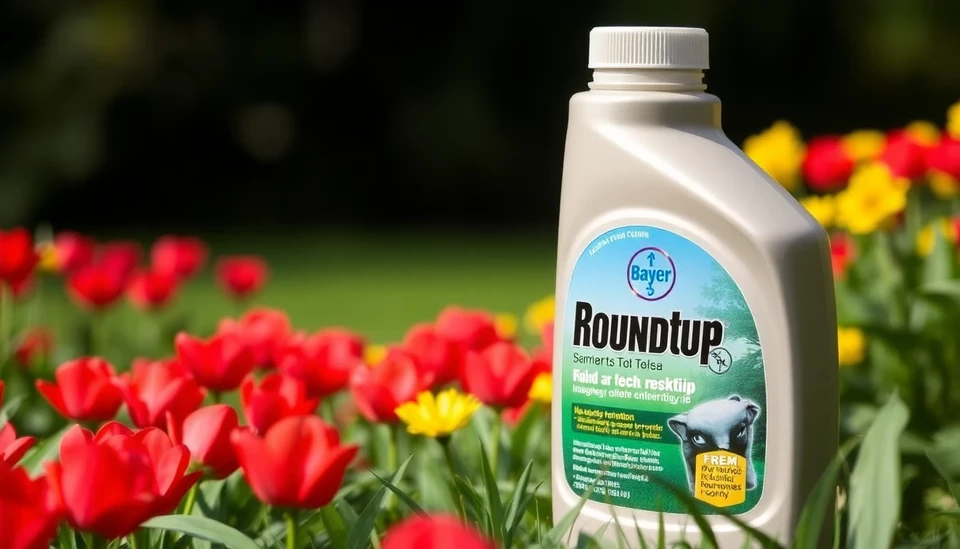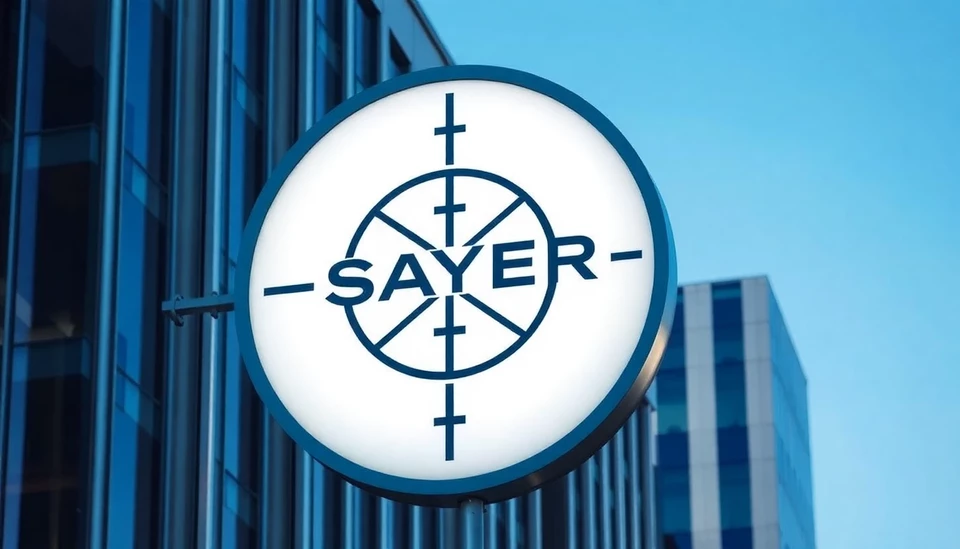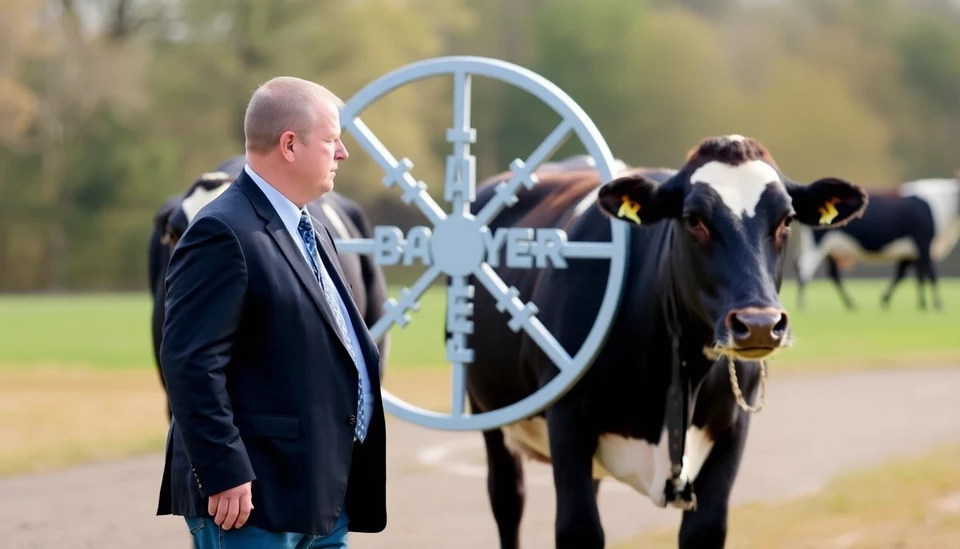
In a significant legal blow, Bayer AG has been instructed by a jury to pay a staggering $100 million in damages attributed to the contamination caused by polychlorinated biphenyls (PCBs) in residential areas. This ruling comes as part of a larger trend of litigation surrounding the chemical's legacy, which has plagued communities and sparked environmental health concerns across the United States.
The jury found Bayer's subsidiary, Monsanto, liable for the environmental and health impacts stemming from the use of PCBs. These harmful chemicals, once widely utilized in electrical equipment and building materials, have been linked to a multitude of health issues, including cancer, reproductive problems, and developmental disorders. Over the years, as awareness of their toxic nature has grown, communities impacted by PCB contamination have increasingly sought legal recourse against the corporations responsible for their manufacture.
The case was brought forward by a group of plaintiffs who argued that Monsanto knew about the dangers of PCBs but failed to warn consumers and communities, resulting in widespread environmental damage. This ruling reflects growing public sentiment that major chemical manufacturers must be held accountable for the long-lasting effects of their products on human health and the environment.
Experts predict that this verdict could set a precedent for similar cases in the future. As the public becomes more informed about the consequences of toxic chemicals, it is likely that additional lawsuits will emerge, putting more pressure on companies like Bayer to address the legacy of PCBs and other hazardous substances.
Bayer's legal team has expressed disappointment over the decision and plans to appeal, stating that the company is committed to transparency and responsible stewardship. The corporation emphasizes its ongoing efforts to remediate contaminated sites and engage in practices that prioritize environmental sustainability.
The $100 million awarded in this case is expected to contribute significantly to the necessary efforts for cleanup and restoration of the affected areas, reinforcing the need for accountability in the chemical industry. As this legal battle unfolds, the implications extend beyond Bayer as communities and individuals continue to seek justice for the repercussions of corporate negligence.
As awareness grows regarding the environmental and health risks associated with PCBs, Bayer’s case epitomizes the broader challenge of addressing toxic legacies in society. The outcomes of these lawsuits not only impact the companies involved but also serve as a catalyst for change in regulatory practices, community health policies, and corporate accountability.
In conclusion, the jury's decision marks a pivotal moment in the ongoing saga of PCB-related litigation, emphasizing the necessity for vigilance in environmental protection and the promotion of safe practices within the chemical industry.
#Bayer #Monsanto #PCBs #EnvironmentalJustice #ToxicChemicals #LegalNews #HealthRisks #CorporateAccountability
Author: Victoria Adams




